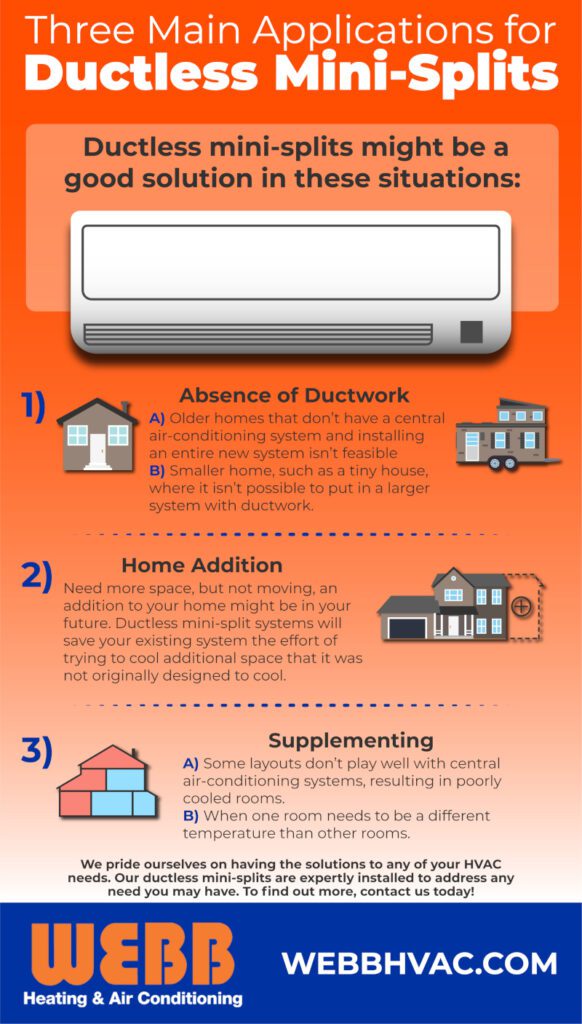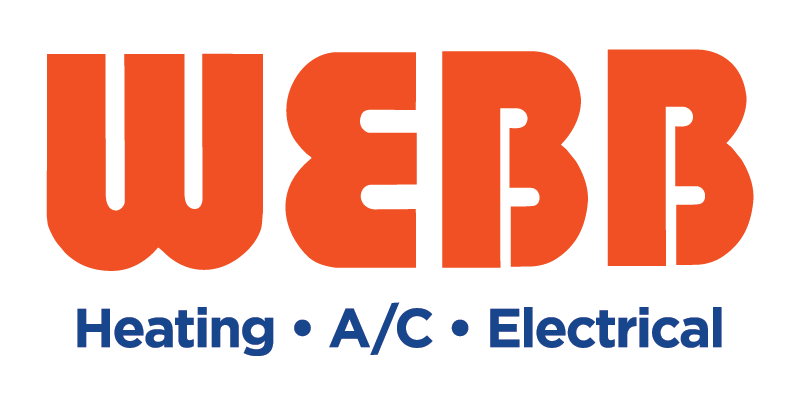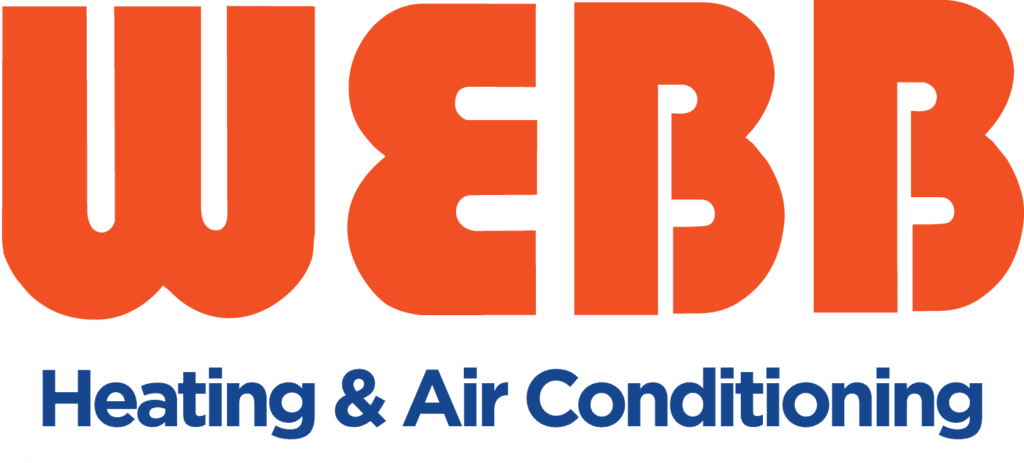Three Main Applications For Ductless Mini Splits

Ductless mini splits are becoming a popular choice for homeowners looking for efficient, flexible comfort—especially in regions like North Carolina’s Piedmont Triad, where homes range from historic to newly built.
As more families seek ways to improve comfort and energy savings, these systems have become a go-to solution for specific challenges that traditional HVAC can’t always solve.
What Is a Ductless Mini Split?
A ductless mini split is a heating and cooling system that delivers comfort to specific rooms or zones without the need for ductwork. It works by using an outdoor compressor and one or more indoor air handlers, connected by small refrigerant lines. Each indoor unit can be controlled independently, allowing for zoned temperature settings.
In North Carolina, this matters because many older homes—especially those built before the 1970s—weren’t designed with central air in mind. Installing new ducts can be disruptive and costly. Our region’s humid summers and chilly winters also make energy efficiency and precise comfort control especially valuable.
Key benefits of ductless mini splits:
- Energy efficiency: Only heat or cool the rooms you use, reducing energy waste.
- Zoned comfort: Set different temperatures in different areas of your home.
- Quiet operation: Mini splits run quietly, making them ideal for bedrooms and home offices.
- No ductwork required: Perfect for historic homes, additions, or renovations.
The Webb team can help you find the best mini split for your home and show you how to save on installation with current incentives.
When Are Ductless Mini Splits the Most Efficient HVAC Option?
Ductless mini splits are especially efficient in certain situations. Here are three common scenarios where they excel:

1. Older Homes Without Ductwork
Many homes in Greensboro’s historic neighborhoods or Advance’s rural areas were built before central air became standard. Retrofitting ductwork can be expensive and may damage original features. Ductless mini splits offer a straightforward way to add modern comfort without major renovations.
2. Room or Home Additions
If you’re adding a sunroom, finishing a basement, or converting a garage, extending your current HVAC system isn’t always practical. Ductless mini splits provide independent climate control for new spaces, so you can enjoy comfort year-round without overhauling your existing setup.
3. Supplemental Zoning in Larger Homes
In larger homes or multi-story layouts, some rooms are often too hot or too cold. Ductless mini splits allow you to create custom zones for spaces like upstairs bedrooms, bonus rooms, or home offices, giving you precise control and reducing energy waste.
Ductless systems are also a great fit for commercial spaces because they offer flexible installation, energy efficiency, and zoned comfort—features that make them ideal for a wide range of business environments.
In each of these cases, ductless mini splits offer a practical, efficient solution that’s well-suited to the diverse housing found across the Piedmont Triad.
Advantages of Ductless Mini Splits
Ductless mini splits offer a range of benefits that make them a practical choice for many North Carolina homeowners. Here’s what you can expect if you choose this type of system:
- Lower energy bills: Because mini splits allow you to heat or cool only the rooms you’re using, you avoid wasting energy on unoccupied spaces. This zoning can translate to noticeable savings, especially during peak summer and winter months.
- Custom comfort: Each indoor unit operates independently, so family members can set their preferred temperature in bedrooms, living spaces, or home offices. This is ideal for households with varying comfort needs or for homes with rooms that get more sun or shade.
- Quiet operation: Mini splits are designed to run quietly, making them a great fit for bedrooms, nurseries, or areas where you want minimal noise disruption compared to traditional HVAC systems.
- Flexible installation: Since no ductwork is required, installation is less invasive and can be completed quickly. This flexibility is especially valuable for older homes, additions, or spaces where installing ducts would be expensive or impractical.
- Improved air quality: Many ductless systems come with advanced filtration that helps reduce dust, pollen, and allergens—an important feature for allergy sufferers in North Carolina’s high-pollen seasons.
- Quick installation: Most ductless systems can be installed in a day or two, with minimal disruption to your home’s routine or structure.
- Incentives available: Ductless mini splits often qualify for Inflation Reduction Act rebates and local utility incentives, making them more affordable than you might expect.
These advantages make mini splits a strong option for many North Carolina homes, particularly where energy savings and comfort are priorities.
Cons of Ductless Mini Splits
While ductless mini splits have many strengths, it’s important to consider some potential drawbacks to make an informed choice:
- Upfront cost: Ductless mini split cost is typically higher at installation than window units or some traditional systems, especially if you need multiple zones. However, financing options and long-term energy savings can help offset the initial expenses.
- Aesthetics: The indoor air handlers are mounted on walls or ceilings and remain visible, which may not match every homeowner’s design preferences. Some people find the look unobtrusive, while others may prefer hidden ducted vents.
- Maintenance: To maintain efficiency and air quality, filters need to be cleaned or replaced regularly—usually every month or two. Annual professional maintenance is also recommended to keep the system running smoothly.
- Capacity limits: For very large homes or open floor plans, multiple indoor units may be needed to achieve consistent comfort throughout the space. This can increase complexity and cost.
- Not always the best fit: In some cases—such as homes with existing, well-designed ductwork or those needing whole-house humidity control—a zone control system or traditional ducted system may be a better solution.
By weighing these pros and cons, you can better decide if a ductless mini split system aligns with your home’s needs and your family’s comfort goals.
Frequently Asked Questions about Ductless Mini Splits
Before making a decision, you may have some common questions:
- How do ductless mini splits work?
Ductless mini splits use outdoor compressors and one or more indoor air handlers, connected by refrigerant lines. The compressor sends conditioned air directly to the indoor units, so you get efficient, targeted comfort and independent temperature control in each zone. - Are ductless mini splits good for Greensboro homes?
Yes. They’re especially effective in historic homes or places where adding ductwork isn’t practical. - Can IRA incentives be used to cover mini split installation costs?
Yes. Qualifying systems may be eligible for Inflation Reduction Act incentives. Webb can help you determine your eligibility and maximize savings. - Why pair a standby generator with a mini split in Advance, NC?
Power outages from storms or utility work can disrupt comfort. Pairing a mini split with a standby generator ensures reliable heating and cooling, which is especially helpful in rural areas. - How often do ductless mini splits require maintenance?
Clean or replace filters monthly and schedule professional maintenance annually to keep your system running efficiently.
If you have other questions, Webb’s team is always available to provide answers and guidance.
Are Ductless Mini Splits the Right Option for You?
If your home lacks ductwork, you’re planning an addition, or you want more precise comfort control, ductless mini splits may be a practical solution. Webb’s experts can help you evaluate your needs and determine whether a mini split or another system is best for your space.
Get Started with Webb Today!
Ready to explore ductless mini splits for your home? Contact Webb Heating, Air Conditioning & Electrical to schedule your free consultation. Our team will help you take advantage of available incentives and enjoy efficient, customized comfort—tailored to your home in the Piedmont Triad.

